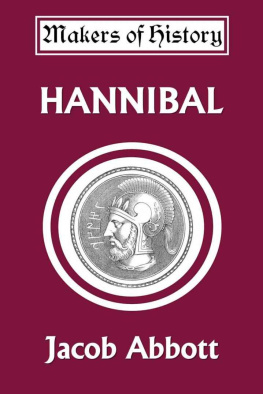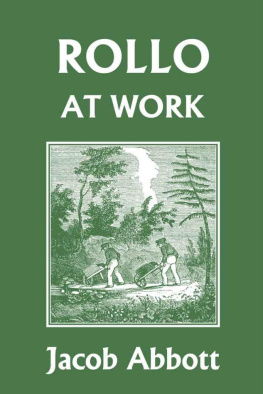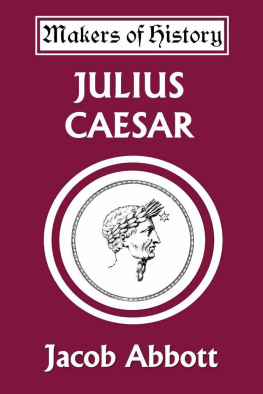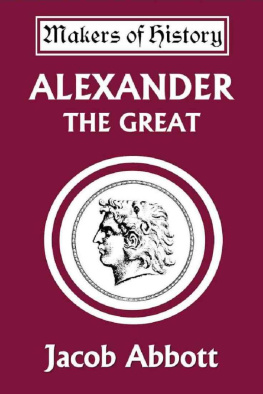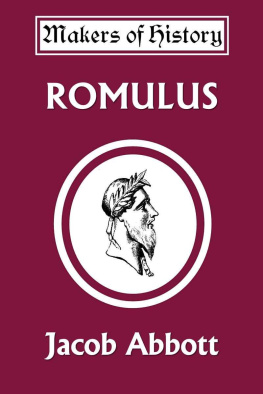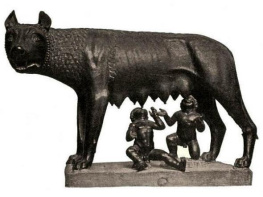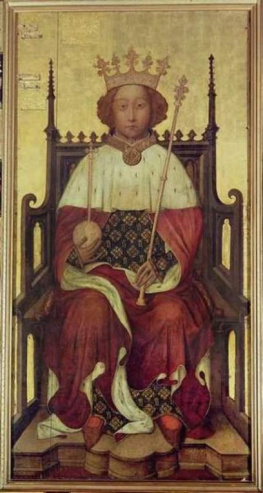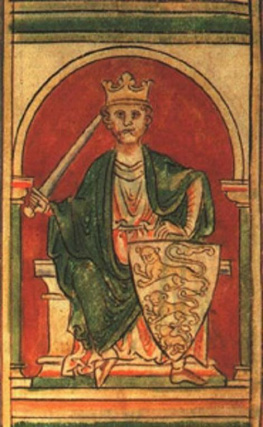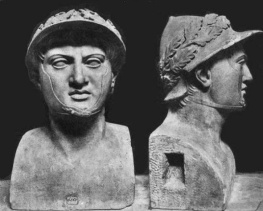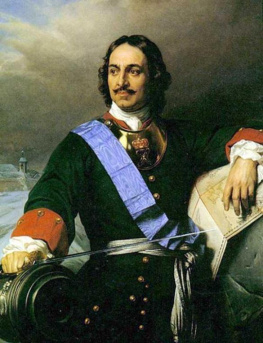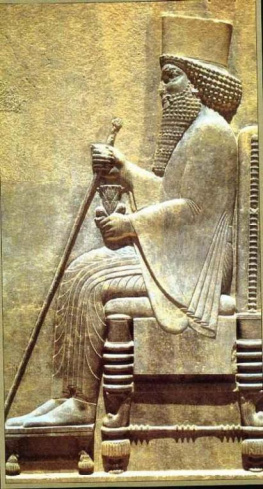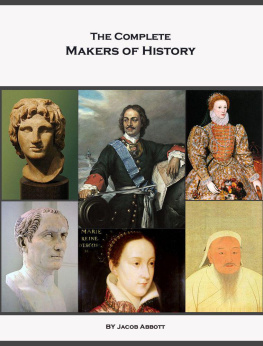JACOB ABBOTT
WITH ENGRAVINGS
NEW YORK AND LONDON
HARPER & BROTHERS PUBLISHERS
1904
Entered, according to Act of Congress, in the year one thousand
eight hundred and fifty, by
Harper & Brothers ,
in the Clerk's Office of the District Court of the Southern District
of New York.
Copyright, 1878, by Jacob Abbott .
PREFACE.
One special object which the author of this series has had in view, in the plan and method which he has followed in the preparation of the successive volumes, has been to adapt them to the purposes of text-books in schools. The study of a general compend of history, such as is frequently used as a text-book, is highly useful, if it comes in at the right stage of education, when the mind is sufficiently matured, and has acquired sufficient preliminary knowledge to understand and appreciate so condensed a generalization as a summary of the whole history of a nation contained in an ordinary volume must necessarily be. Without this degree of maturity of mind, and this preparation, the study of such a work will be, as it too frequently is, a mere mechanical committing to memory of names, and dates, and phrases, which awaken no interest, communicate no ideas, and impart no useful knowledge to the mind.
A class of ordinary pupils, who have not yet become much acquainted with history, would, accordingly, be more benefited by having their attention concentrated, at first, on detached and separate topics, such as those which form the subjects, respectively, of these volumes. By studying thus fully the history of individual monarchs, or the narratives of single events, they can go more fully into detail; they conceive of the transactions described as realities; their reflecting and reasoning powers are occupied on what they read; they take notice of the motives of conduct, of the gradual development of character, the good or ill desert of actions, and of the connection of causes and consequences, both in respect to the influence of wisdom and virtue on the one hand, and, on the other, of folly and crime. In a word, their minds and hearts are occupied instead of merely their memories. They reason, they sympathize, they pity, they approve, and they condemn. They enjoy the real and true pleasure which constitutes the charm of historical study for minds that are mature; and they acquire a taste for truth instead of fiction, which will tend to direct their reading into proper channels in all future years.
The use of these works, therefore, as text-books in classes, has been kept continually in mind in the preparation of them. The running index on the tops of the pages is intended to serve instead of questions. These captions can be used in their present form as topics, in respect to which, when announced in the class, the pupils are to repeat substantially what is said on the page; or, on the other hand, questions in form, if that mode is preferred, can be readily framed from them by the teacher. In all the volumes, a very regular system of division is observed, which will greatly facilitate the assignment of lessons.
Chapter I.
Herodotus and Xenophon.
B.C. 550-401
The Persian monarchy.
Singular principle of human nature.
C yrus was the founder of the ancient Persian empirea monarchy, perhaps, the most wealthy and magnificent which the world has ever seen. Of that strange and incomprehensible principle of human nature, under the influence of which vast masses of men, notwithstanding the universal instinct of aversion to control, combine, under certain circumstances, by millions and millions, to maintain, for many successive centuries, the representatives of some one great family in a condition of exalted, and absolute, and utterly irresponsible ascendency over themselves, while they toil for them, watch over them, submit to endless and most humiliating privations in their behalf, and commit, if commanded to do so, the most inexcusable and atrocious crimes to sustain the demigods they have thus made in their lofty estate, we have, in the case of this Persian monarchy, one of the most extraordinary exhibitions.
Grandeur of the Persian monarchy.
Its origin.
The Persian monarchy appears, in fact, even as we look back upon it from this remote distance both of space and of time, as a very vast wave of human power and grandeur. It swelled up among the populations of Asia, between the Persian Gulf and the Caspian Sea, about five hundred years before Christ, and rolled on in undiminished magnitude and glory for many centuries. It bore upon its crest the royal line of Astyages and his successors. Cyrus was, however, the first of the princes whom it held up conspicuously to the admiration of the world and he rode so gracefully and gallantly on the lofty crest that mankind have given him the credit of raising and sustaining the magnificent billow on which he was borne. How far we are to consider him as founding the monarchy, or the monarchy as raising and illustrating him, will appear more fully in the course of this narrative.
The republics of Greece.
Written characters Greek and Persian.
Preservation of the Greek language.
Cotemporaneous with this Persian monarchy in the East, there flourished in the West the small but very efficient and vigorous republics of Greece. The Greeks had a written character for their language which could be easily and rapidly executed, while the ordinary language of the Persians was scarcely written at all. There was, it is true, in this latter nation, a certain learned character, which was used by the priests for their mystic records, and also for certain sacred books which constituted the only national archives. It was, however, only slowly and with difficulty that this character could be penned, and, when penned, it was unintelligible to the great mass of the population. For this reason, among others, the Greeks wrote narratives of the great events which occurred in their day, which narratives they so embellished and adorned by the picturesque lights and shades in which their genius enabled them to present the scenes and characters described as to make them universally admired, while the surrounding nations produced nothing but formal governmental records, not worth to the community at large the toil and labor necessary to decipher them and make them intelligible. Thus the Greek writers became the historians, not only of their own republics, but also of all the nations around them; and with such admirable genius and power did they fulfill this function, that, while the records of all other nations cotemporary with them have been almost entirely neglected and forgotten, the language of the Greeks has been preserved among mankind, with infinite labor and toil, by successive generations of scholars, in every civilized nation, for two thousand years, solely in order that men may continue to read these tales.


